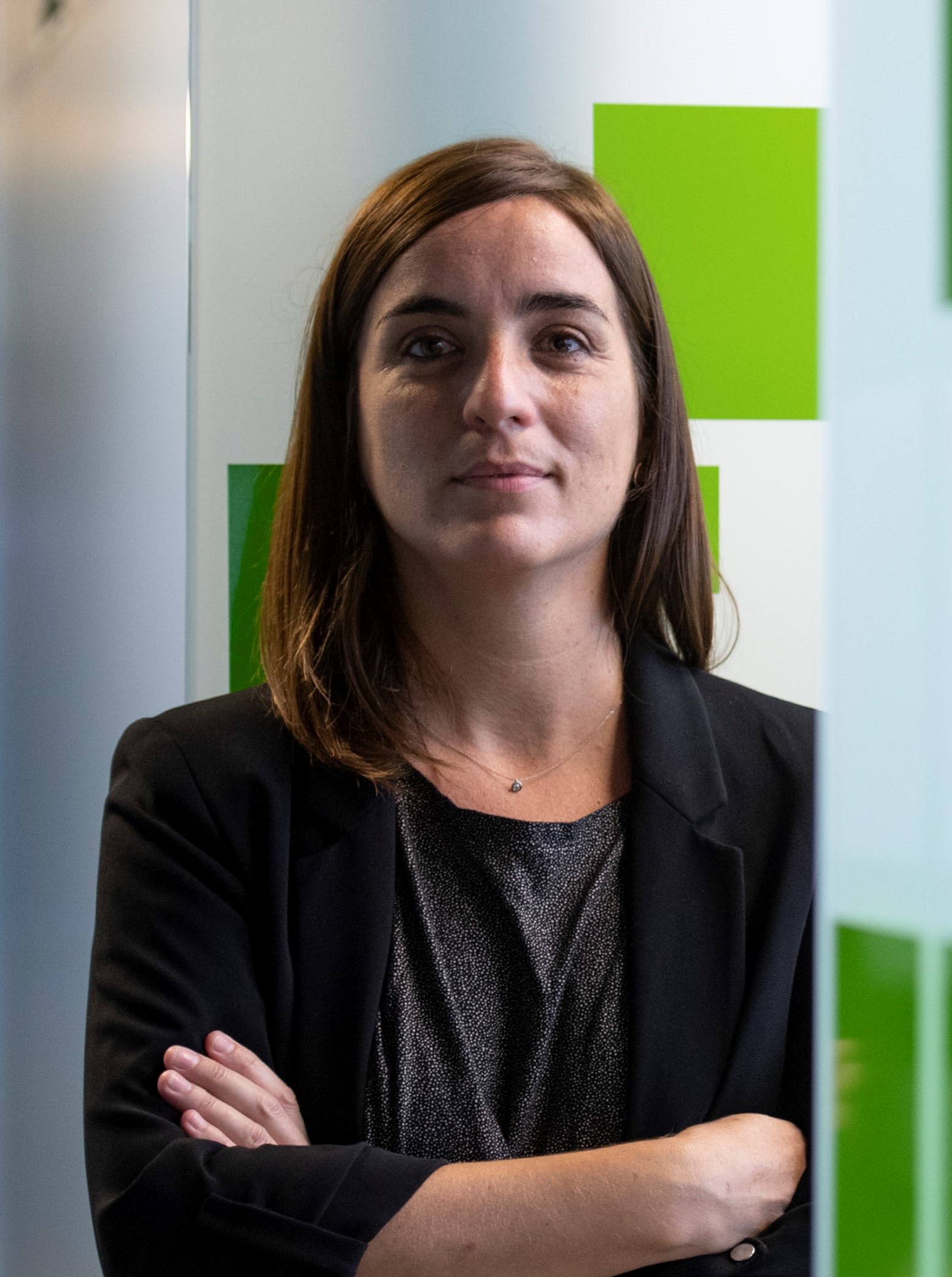

Jan 2023

Abstract:
In
recent years considerable progress has been made in the development of
faithful procedures for the differentiation of human pluripotent stem
cells (hPSCs). An important step in this direction has also been the
derivation of three-dimensional cell cultures that represent micrometer
to centimeter size versions of human organs, the so-called
organoids. The convergence of stem cell biology and bioengineering now
offers the possibility to provide physiologically relevant stimuli in a
controlled fashion, resulting in the development of naturally inspired
approaches to overcome major limitations of the organoid field.
Here
we will discuss current developments in the kidney organoid field and
emphasize the achievements and ongoing challenges of bringing together
hPSC organoid differentiation, bioengineering and disease modelling with
a particular focus on genetic and systemic disorders as well as COVID19
research.
Bio:
I
became interested in organ regeneration and stem cells during my master
and PhD training that finished in 2006. The same year I got a
Postdoctoral fellowship from the Fundaçao para a Ciência e Tecnología
(Portugal). In 2007 I moved as a post-doctoral researcher at the
Hospital of Santa Creu i Sant Pau in Barcelona. In 2008 I joined the
Center of Regenerative Medicine of Barcelona (CMRB) thanks to the
support of a Juan de la Cierva fellowship under the direction of Dr.
Izpisúa Belmonte. In 2010 I first co-authored how to reprogram cord
blood stem cells for the first time (Nature Protocols, 2010). Then I
first-coauthor the first work deriving iPSCs with new factors (Cell Stem
Cell, 2013). I also collaborated in projects aimed to characterize the
genomic integrity of human iPSCs as well as in the differentiation of
iPSCs towards different lineages for disease modeling (Stem Cells 2011;
Nature 2012; Nature Methods 2012, Nature 2012, Nature Communications
2014). I have first co-authored how the reactivation of endogenous
pathways can be artificially reactivated and promote heart regeneration
in mammals (Cell Stem Cell, 2014). My expertise in the fields of somatic
reprogramming and organ regeneration helped me to be awarded an ERC Starting Grant by
2014 that allowed me to became Junior group leader at the Institute
of Bioengineering of Catalonia (IBEC). In January 2015 I got a Ramon y
Cajal fellowship and from 2019 I am ICREA Research Professor and Senior
Group Leader. During these years our findings in the field of
Regenerative Medicine led to the derivation, for the first time, of
cardiac grafts from human pluripotent stem cells and decellularized
cardiac myocardium (Biomaterials 2016), and the derivation of renal
analogues with 3D bioprinting (Materials Today 2017). I have recently
led the derivation of vascularized kidney organoids (Nature Materials,
2019) and co-led on the application of kidney organoid technology to
model SARS-CoV-2 infections (Cell, 2020) identifying a therapeutic
compound that nowadays is under clinical trial in COVID19 patients (The
Lancet Respiratory Medicine, 2020; EMBO Molecular Medicine 2020). I have
recently led the first work on the identification of metabolic
regulators protecting the renal tubule from acute injury exploiting
kidney organoid technology (Cell Metabolism, 2020), among others. In
December 2020 the ERC has recognized all these efforts and I have been
awarded with the prestigious ERC-Consolidator Grant to study the interplay between mechanobiology and metabolism during kidney development and disease.